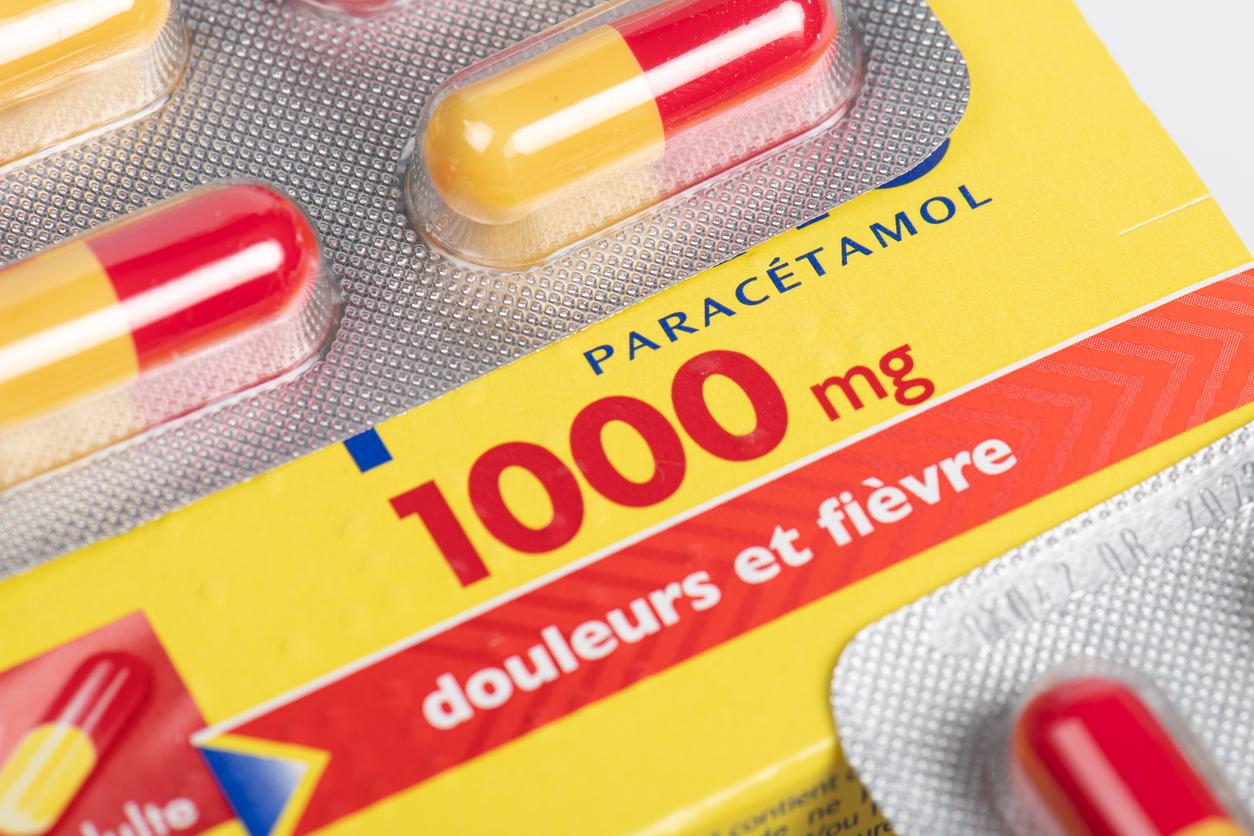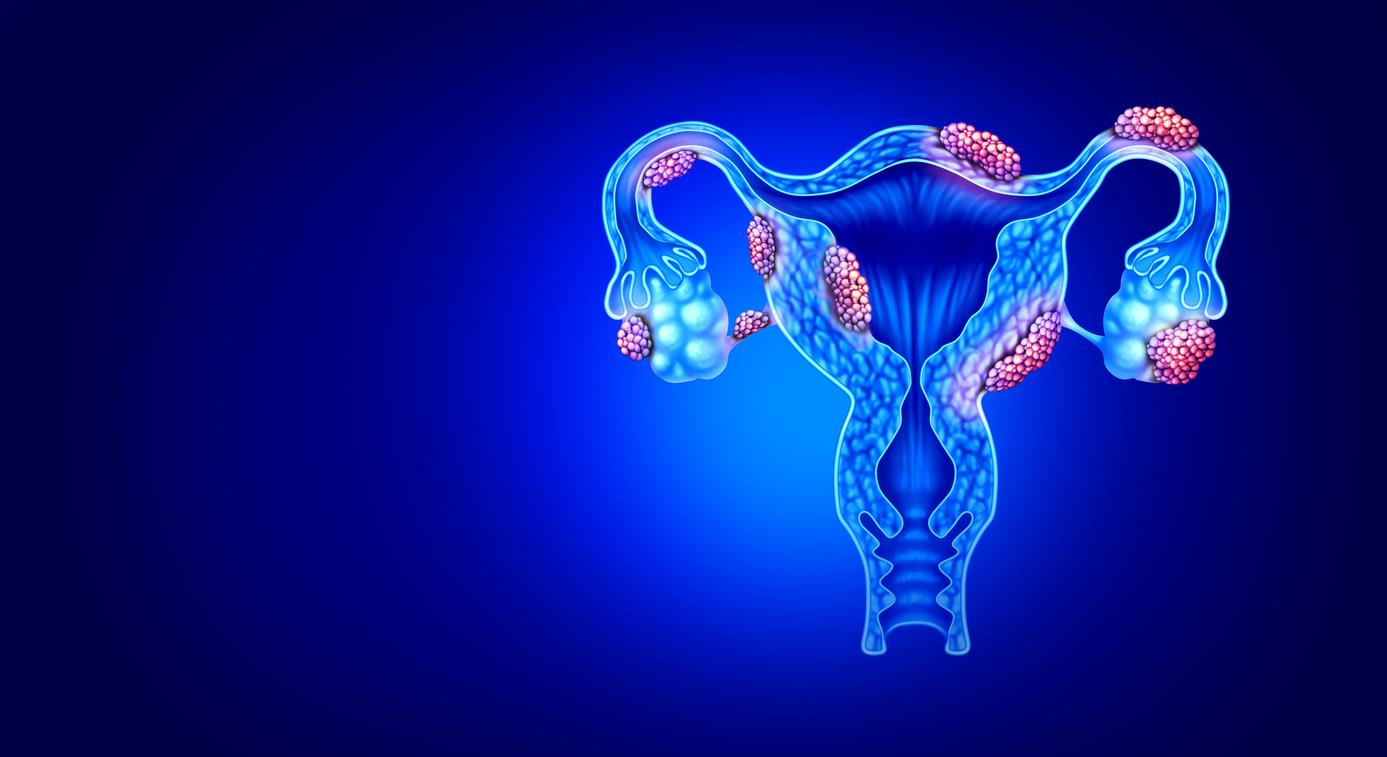TOP HEALTH: Pain, trauma, disease: through them, our body would speak to us?
Michel Odoul: As soon as there is discomfort, the body sends us an alert signal. By the inconvenience felt, the physiological structure sounds the alarm. There is something deep inside us, unconscious, which tells us: “Wait, you are on the wrong track! The way you drive your vehicle on your life path is not the right one. By way of life we mean this “project” that we have to carry out during our existence in order to flourish. It is the raison d’être of man… and consequently the reasons for his ill-being.
Thus, the pain is there to signal to us that we are moving away from this path to lose ourselves in materiality. This race to have it takes us a little more away from ourselves every day and empties us of our own substance.
TOP HEALTH: Why do we often remain deaf to these signals from the body?
MO: When we are in pain, our first instinct is to take something to silence the pain. However, the problem is not so much to take a drug, it is not to do it in conscience.
There is also this cultural tendency to pull on the rope…until it breaks. The human being is a being of habit: he does not like change. He therefore prefers to ignore certain signals and stay in this status quo so as not to be jostled in his habits and beliefs, questioned, having to make efforts or change certain things in his life.
TOP HEALTH: Depending on its location, the pain would have a very specific meaning in your opinion.
MO: Our body is endowed with true intelligence and incredible precision. It does not send its signals randomly! A shock, a sprain, a fracture occurs in a very specific place. The deep meaning of suffering is linked to the affected function, to its projection, to its psychological representation.
Through the meridians of traditional Chinese medicine, the theory of yin or yang (the right, yin, corresponds to the feminine, the maternal, the left to the yang, the masculine, the paternal) among others, we can connect things in us, to find avenues of reading.
TOP HEALTH: This is a rather surprising approach, for the Cartesians that we are…
MO: In the East, the body and the spirit are inseparable. They were also in the West, at the time of Hippocrates, but our modern science has separated these two entities. Conventional, mechanistic medicine is mainly centered on the symptoms, which it seeks to silence without listening to the root cause. Or, it will look for this cause outside (virus, etc.).
It is therefore a question of finding this code, this reading grid to try to decipher what our body, through its tensions, pains, traumas or illness, has to tell us.
TOP HEALTH: Can we do this decryption work alone? Or do you have to be accompanied?
MO: Most of the time, when we become aware that the body sends us signals, this work can be done alone. The answer emerges from ourselves, because deep within us, we know that we are moving away from who we are. In some cases, outside help is needed.
TOP HEALTH: What happens if we continue to ignore our body’s cries?
MO: The pattern is likely to recur, with a gradation of signals: our body will speak louder and louder in order to be heard. Accidents or illness can then occur that will put our body out of order to force us to stop.
Also, pain is an opportunity. As long as it is felt, the communication between body and mind exists and change is still possible. It is, first of all, to take a break and tell our body that we are listening to it. Then, ask yourself the right questions, and initiate change in order to get closer to who we are, deep within us. Pain and disease can then become a force, and guide us in this process of alignment and release.
Our expert: Michel Odoul, founder of the French Institute of Shiatsu and lecturer (in particular at the University of Medicine of Strasbourg within the framework of the DU meditation and neurosciences). Author of Tell me where it hurts, I’ll tell you why (ed. Albin Michel)
Read also :
- Chiropractor: what pain does he treat?
- Unusual: the family that did not feel pain
















